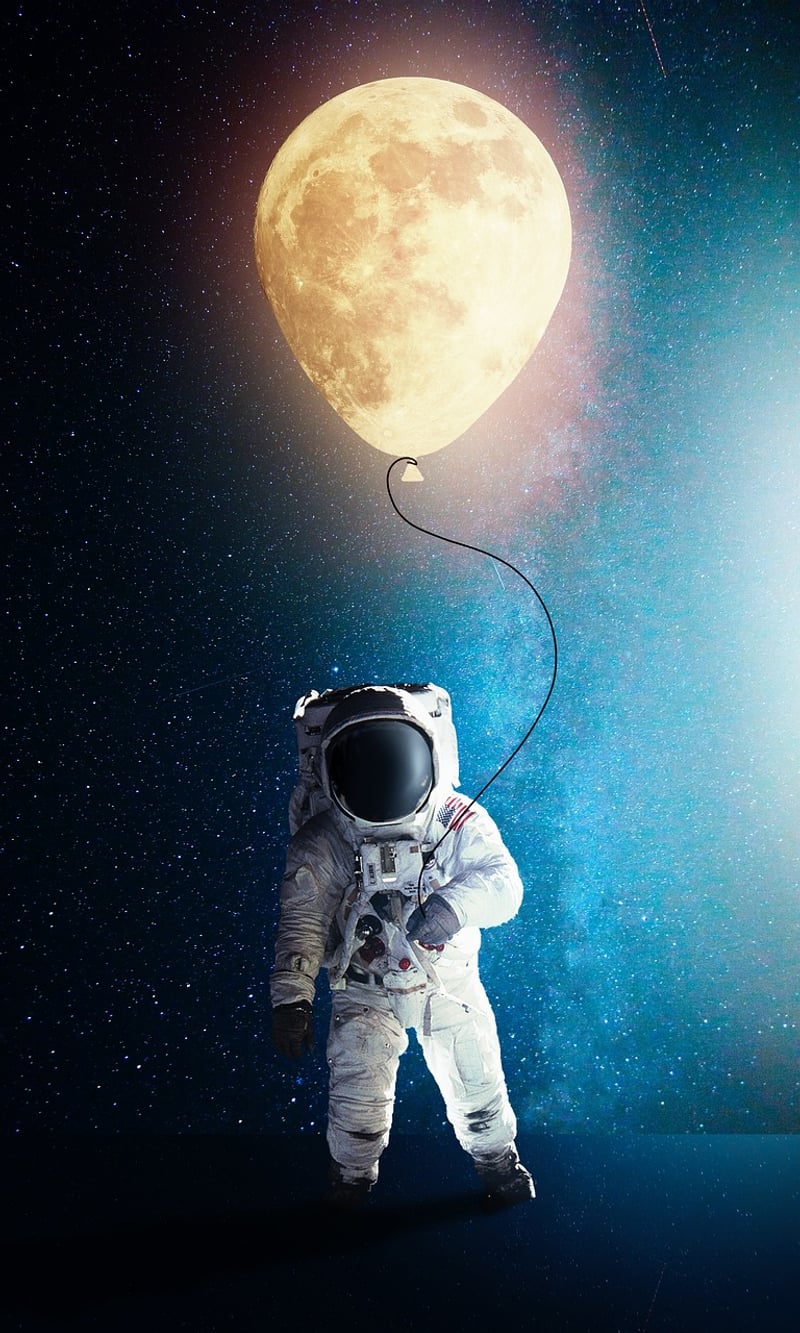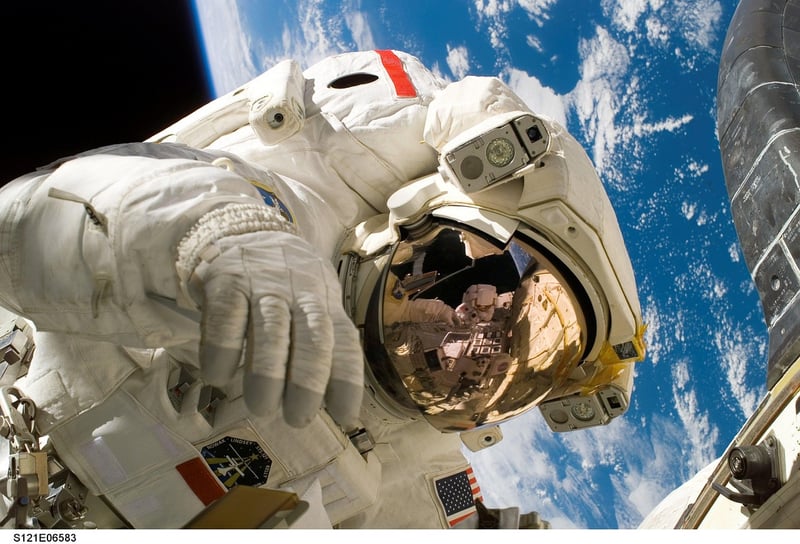Future Exploration
The Evolution of Exploration: From Ancient Times to the Future
Ancient Exploration
Ancient civilizations such as the Egyptians, Phoenicians, Greeks, and Romans were early pioneers of exploration. They embarked on expeditions by land and sea to discover new territories, establish trade routes, and expand their empires.
Age of Discovery
The Age of Discovery in the 15th to 17th centuries saw European explorers like Christopher Columbus, Vasco da Gama, and Ferdinand Magellan navigate the world's oceans in search of new trade routes to Asia and the Americas.
Colonial Exploration
Colonial powers from Europe ventured to Africa, Asia, and the Americas, leading to the establishment of colonies and the exchange of goods, ideas, and cultures across continents.
Modern Exploration
In the modern era, exploration expanded beyond Earth with the Space Age. Space agencies like NASA and ESA sent astronauts to the moon, probes to distant planets, and telescopes to observe the universe, expanding our knowledge of the cosmos.
Future Exploration
The future of exploration holds exciting possibilities. Advancements in technology, such as AI, robotics, and virtual reality, are revolutionizing how we explore new frontiers. From Mars missions to deep-sea exploration, humans are pushing the boundaries of discovery.
Challenges and Opportunities
While future exploration offers immense opportunities for scientific advancement and innovation, it also presents challenges such as sustainability, ethical considerations, and the need for international cooperation to ensure the responsible exploration of new realms.
Join the Journey
Whether you are an aspiring scientist, space enthusiast, or curious explorer, the future of exploration invites you to be part of the journey. Stay informed about the latest discoveries and breakthroughs in exploration to inspire your own quest for knowledge.
Sources of Inspiration


